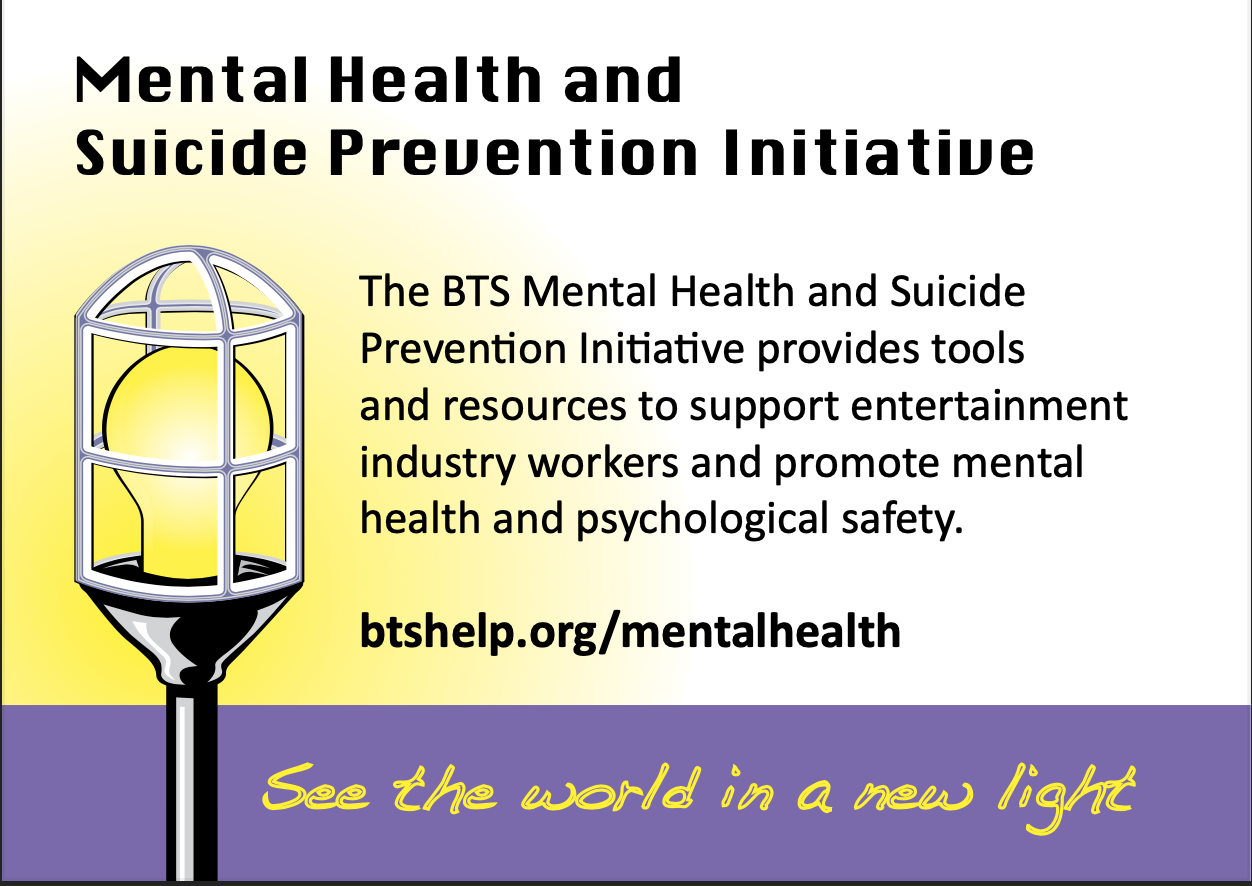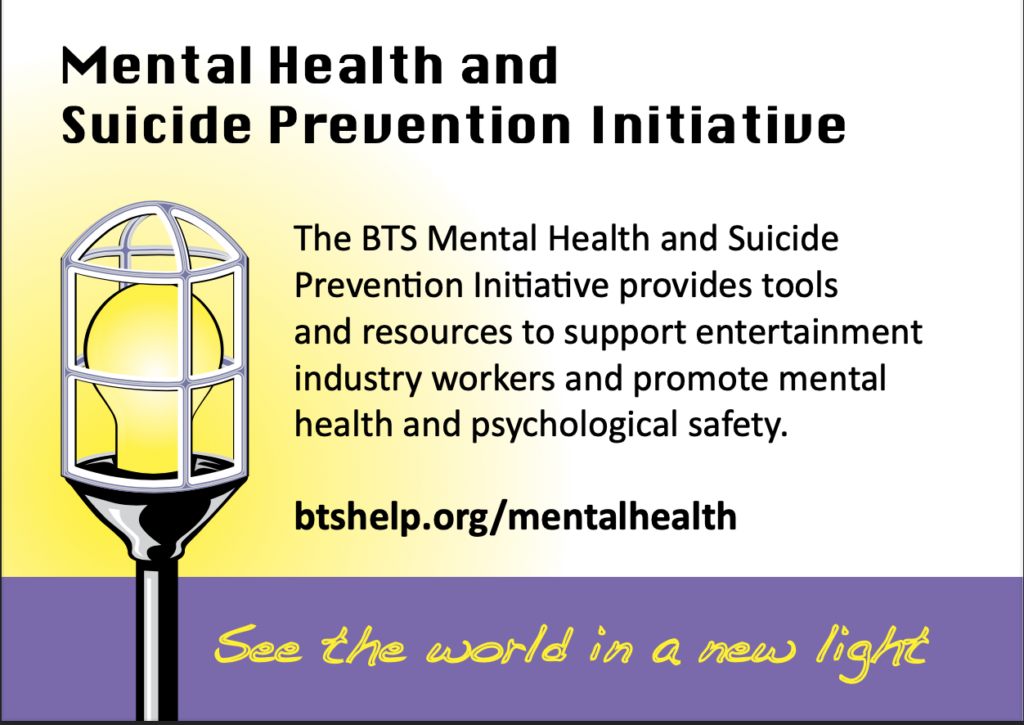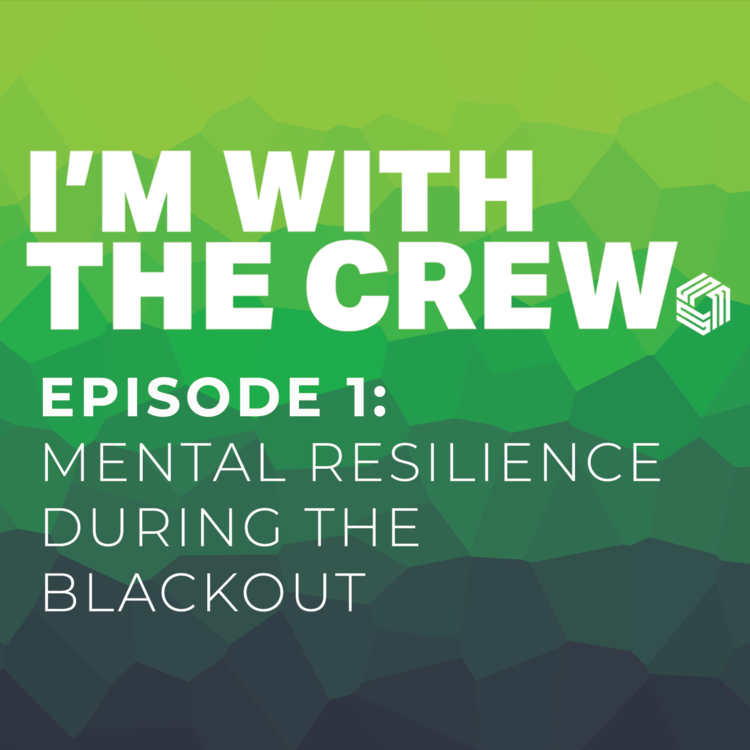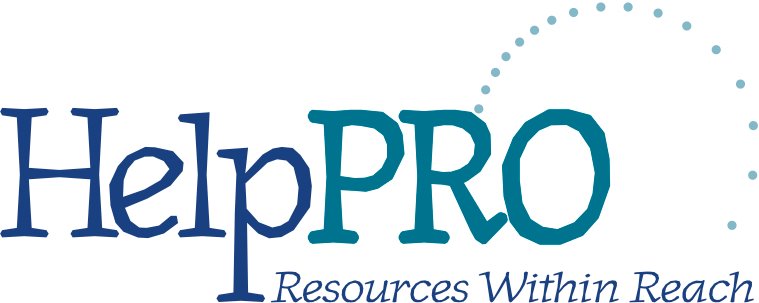Summer is almost here. For some of us, this means we are one step closer to a long-anticipated return to our work. For others, it means learning that gigs we thought would be there when things reopened will not be. For a lot of us, it’s a mix of both.
I am working my first load-out post-vaccination this week, and I know for me, it has been an odd transition back. It’s relearning to do this work both physically and mentally. It’s bringing everything we have learned during this time away back with us, and redefining what we think of as “normal.” Because it turns out that what we called “normal” in the Before Times was kind of a mess, and for my part, I was barely holding it together and had no idea.
By a coincidence of timing, May is Mental Health Awareness Month, and I’ve had a lot of chances these past weeks to reckon with my feelings about reopening, diversifying our workforce, and eliminating toxic practices in every way that I can. For me, the first step of this is just to give each other a lot more space to be ourselves and bring our whole selves to what we do. We are human beings, and just as our bodies need food and rest, our emotional systems need care and attention. For too long we have learned to shut our emotions in or leave them at the door for the sake of the gig, when in fact this is the OPPOSITE of what we should be doing. Theatre is a business that prides itself on being a community, and communities take care of themselves and the people within them. That is what a healthy workplace is all about.
There are a lot of resources out there that are tailored to helping those of us working behind the scenes to focus on our mental health better. The “I’m with the crew” conversations are a great place to start.
Last Tuesday, I had the opportunity to take a course in Mental Health First Aid training that was offered by Behind The Scenes, a nonprofit focused on helping entertainment industry professionals who need financial assistance due to an injury. In the past years, they have expanded their resources to include guides on ways to talk to your coworkers about mental health and resources on where to seek treatment for yourself or a loved one. The course I took taught us how to spot when someone may be having a mental health issue at work, and how to use the ALGEE method (Assess/Approach/Assist, Listen, Give Info, Encourage professional help, Encourage self-help) for rendering aid to a colleague who has begun behaving in ways that are, to use a term from theatre, “out of character” for them. While we tend to shrug off things like being late, looking tired, unkempt clothing, or not meeting work deadlines, in some people these behaviors can be early signs of a worsening mental health or substance abuse issue.
While I thought that this course was going to be much more technical and difficult, a lot of it was just about listening. Simple as that. Learning to listen without judgment to people, and without forcing them, encourage ways that they might seek additional help. As a society, we are not in the habit of answering the question “How are you?” with anything other than “good…” but what if we did? Maybe even this small act of showing vulnerability would help to open others up to what we are going through and create a safe space where we can discuss our issues and feel less alone. Listening patiently and without judgment is the key to making those safe spaces, and especially in this age of social media, we need to say once and for all that it is okay to not be okay some of the time.
This brings us to the next step in Mental Health First Aid: giving reassurance and, where applicable, encouraging the person in need to seek more help, possibly through therapy or with a Certified Peer Specialist (someone who is trained and shares the lived experience of the people they help, similar to a sponsor in a Twelve Step Program). The idea of going to therapy is so stigmatized, especially here in the US. And of course, for a lot of freelance folks, there can also be a massive cost barrier, or it can be hard to find someone whose schedule can work with yours. A trained therapist or counselor can give you informed feedback on your situation and teach you ways to cope with the ever-changing world. Especially during lockdown and quarantine, I have seen my old anxieties and nervous habits creep back into my daily life, and one of the things that have helped to keep me sane and organized is my weekly video chats with my therapist. If you are wanting to learn more about this, a great resource is the Entertainment Industry Therapist Finder. They specifically list therapists who either have worked in show biz themselves or specialize in working with clients who are in entertainment.
The Entertainment Industry Therapist Finder is a great resource to find a mental health professional who “gets” what we do!
The other word besides “Mental Health” that gets stigmatized in our society is “Trauma.” This came up in a public session I attended as part of the TSDCA Annual Meeting called “Re-entering the Workforce in a Time of Trauma.” It was facilitated by Taryn Longo, who is a trauma therapist and part of the team that puts together the “I’m With The Crew” webinars. The word “trauma” may sound extreme to describe what this past year-and-change without work has been like, but it really is exactly what we’ve experienced. In Mental Health First Aid class, we defined trauma as an event that is physically and emotionally harmful and can have long-term effects in functioning and well-being. By that definition, the entire world population has no doubt lived through a trauma. Between the devastating illness and deaths that have resulted from Covid, the racial justice uprisings that punctuated last spring and summer, and now the anxiety surrounding live events finally reopening, we need to acknowledge the insane time that we have just lived through. We will not be able to heal unless we learn to nurture ourselves and treat our emotional wounds the same way that we would a physical injury, and acknowledging the trauma is the first step to helping us move through those difficult emotions and towards a better state of being.
This is where self-help and self-care comes in. For some people, this mental health strategy can be easier to wrap one’s head around than seeking professional help, and it too can be a great tool for healing! I know that for me, developing a daily routine to deal with not having a show schedule was a huge part of getting through the pandemic. Some of the things that have gotten me through have included committing to a consistent sleep schedule (and getting 8 hours of sleep no matter what!), practicing yoga every morning, meditating (I use the Headspace app), going outside at least once a day, and socializing with my friends on Zoom. The best part is that these coping strategies can still be a part of my day even when theatre jobs do come back! I really do plan to do this, because incorporating self-care into my day just makes me feel better. And when I feel better, I do even better work, I can do a better job of being there for others, and I find that I simply enjoy every aspect of my day more. Even the boring stuff like washing dishes!
The more you can take care of yourself and give yourself the space you need for mental health, the more you will be able to show empathy for others. Modeling this behavior for those around you also plays a big part in destigmatizing talking about mental health and seeking treatment. Just taking a few deep breaths before starting your work for the day can help to ground you and set an example for others that taking care of yourself in public is not just okay, it is welcome without judgment wherever you are. And that can go a long way towards helping others recognize that it’s okay to need help and that seeking help before an issue worsens can lead to more positive mental health outcomes.
As Taryn Longo said in the TSDCA session, “it’s not about making things ‘nice’ or ‘okay’ cause sometimes they’re not okay.” If we can learn to unlock what is going on in our emotional selves, ask for help when we need it, and create a safe place for others to be open about what they are going through as well, we will create a new “typical” workplace that is far less toxic and closed-off than the one we had in March of 2020.
Download the self-care action plan Self-Care Template_R
If you are thinking about suicide, or worried about a friend or loved one, or would like emotional support, the Lifeline Network is available 24/7 across the United States.
NATIONAL SUICIDE PREVENTION LIFELINE
1-800-273-TALK (8255) [24/7 Hotline] 1-888-628-9454 (Spanish) 1-800-799-4889 (TTY)
This hotline is available 24 hours a day.
CRISIS TEXT LINE
Text “MHFA” to 741741 to speak with a compassionate, trained crisis counselor, a volunteer who has been trained to help with problem-solving and will address the caller’s situation.
More Resources
Musicares – https://www.grammy.com/musicares – MusiCares provides a safety net of critical health and welfare services to the music community in three key areas: Mental Health & Addiction Recovery Services, Health Services, and Human Services:
Backline – https://backline.care/ – Backline exists to connect music industry professionals and their families with a trusted network of mental health and wellness providers
The Roadie Clinic – https://www.theroadieclinic.com/ – The Roadie Clinic exists to empower & heal roadies and their families by providing resources & services tailored to the struggles of the touring lifestyle. The Clinic is committed to providing a safe space for roadies and their families to heal while off the road, and to advocate for – and empower them to obtain – a healthy work environment



